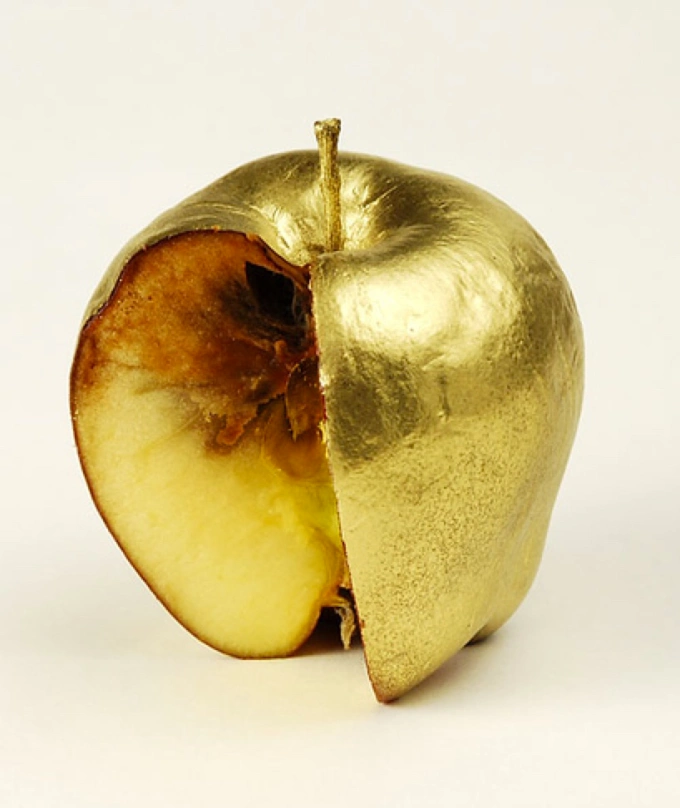Mounjaro Weight Loss Miracle Turns Nightmare: Hair Falls Out in Clumps

Nour Mansour, a 28-year-old mother of twin daughters, achieved significant weight loss, shedding over three stone in less than seven months with the aid of Mounjaro. Initially delighted with the confidence boost and the effects of the medication, Nour later encountered a distressing side effect. Approximately six months into her weight loss journey, her once full hair, which had reached nearly to her hips, began shedding at an alarming rate. She described experiencing clumps of hair falling out when she ran her hands through it and observed her tresses transforming from "glossy and thick to dry and frizzy." The thinning was particularly noticeable at her temples, prompting her to consistently wear caps and headbands to conceal it.
Nour’s experience resonates with many women who have reported hair thinning or shedding as a side effect of rapid weight loss or hormonal changes associated with medications such as Mounjaro. However, experts clarify that the medication itself is not the direct cause of this hair loss. Dr. David Fenton, a consultant dermatologist and world-renowned hair loss specialist, explains that "Rapid weight loss or sudden dietary changes can leave people deficient in the nutrients essential for healthy hair growth." These critical nutrients include iron, vitamin B12, folate, zinc, and vitamin D. When users experience a reduced appetite and eat less, they risk missing out on these vital vitamins. Furthermore, a lack of protein is also a significant factor, as hair is primarily composed of keratin – a tough, fibrous protein essential for the structural integrity of hair, nails, and the outer layer of skin. Insufficient protein intake can lead to hair becoming weak and brittle. This link between nutrient deficiencies and GLP-1 users extends to other reported side effects, such as brittle fingernails and slowed nail growth.
Dr. David Strain, a diabetes expert, pointed out that during clinical trials, participants on these medications are closely monitored and maintained on nutrient-rich diets. In the real world, however, many individuals may not know how to adequately meet their nutritional needs or identify the specific supplements required for optimal health. The underlying mechanism for this type of hair loss is often telogen effluvium, a condition akin to postpartum hair loss in women. Dr. Fenton elaborated that typically, about 90 percent of hair follicles are in a growth phase, while 10 percent are resting. However, when the body undergoes stress, whether from illness or significant weight loss, this cycle shifts, causing a higher percentage of follicles to enter the shedding phase. He cautioned, "The more weight you lose, and the faster you lose it, the higher the risk" of experiencing this condition.
Fortunately, telogen effluvium typically resolves itself over time, but there are proactive measures individuals can take to minimize damage and support recovery. Dr. Fenton advises that anyone concerned about hair loss should consider a blood test, especially if they are vegan or vegetarian, to identify any specific nutrient deficiencies. To enhance iron intake, recommended foods include red meat, dark leafy greens (such as kale and spinach), nuts, and seafood. For zinc, dairy products like yogurt and kefir, eggs, and wholegrains are beneficial sources. Vitamin B12, primarily found in animal products, is widely available in supplement form. Additionally, slowing down the rate of weight loss can significantly alleviate the stress on the body. Nour Mansour experienced a positive turnaround herself; after consulting her GP, she began taking supplements and prioritizing a healthy diet, which successfully halted the shedding of her hair.
You may also like...
Plastic Bans Across Africa — Who’s Leading and How It’s Changing Everyday Life

Africa is leading a quiet environmental revolution. From Kigali to Nairobi, plastic bans are transforming markets, habit...
What If All That Glitters Is Gold?

We’ve spent our lives being warned not to trust what shines. But what if that warning made us blind to real beauty? What...
Raye: Bold Voice, Big Consequences?

Raye, the Corp Member who criticized the government over Nigeria Economic Hardships. When the governed questions the...
Africa's Algorithm Advantage: How Young Creators Are Cashing In on the AI Gold Rushument

From Nairobi to Lagos, a new generation of African creators, writers, and marketers are using AI technologies like ChatG...
Netflix Drops Must-Watch Military Dramedy: New Film Earns Stunning 92% RT Score

Netflix's new dramedy "Boots" tells the poignant story of a closeted gay teenager navigating the U.S. Marines in the 199...
Hollywood Mourns: Iconic Star Diane Keaton's Cause of Death Revealed

Oscar-winning actress Diane Keaton has died at 78 due to pneumonia, her family confirmed. Tributes have poured in for th...
K-Pop Sensation TWICE Rules Victoria's Secret Stage, Fuels Olympian's Runway Debut!

Four members of K-pop sensation TWICE — Nayeon, Jihyo, Tzuyu, and Momo — made a dazzling appearance and performed at the...
Hollywood Shocker: Mark Wahlberg Joins Pras Michél for Explosive Fugees Documentary!

Fugees co-founder Pras Michél is collaborating with Mark Wahlberg on a documentary chronicling his life, musical legacy,...





